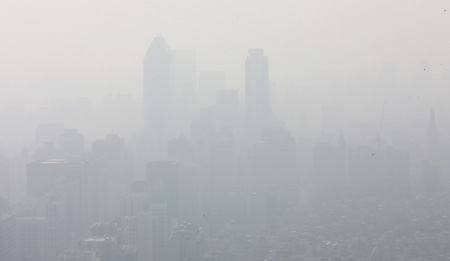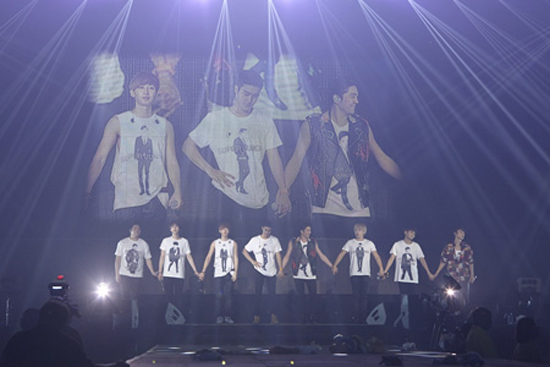- California Assembly OKs highest minimum wage in nation
- S. Korea unveils first graphic cigarette warnings
- US joins with South Korea, Japan in bid to deter North Korea
- LPGA golfer Chun In-gee finally back in action
- S. Korea won’t be top seed in final World Cup qualification round
- US men’s soccer misses 2nd straight Olympics
- US back on track in qualifying with 4-0 win over Guatemala
- High-intensity workout injuries spawn cottage industry
- CDC expands range of Zika mosquitoes into parts of Northeast
- Who knew? ‘The Walking Dead’ is helping families connect
Over 2,500 N. Koreans forced to work in Mongolia, Poland
SEOUL (Yonhap) — More than 2,500 North Korean workers have been forced to work in Mongolia and Poland under poor working conditions with their human rights being violated, a South Korean civic group said Wednesday.
About 1,800 North Korean workers are being forced to work mainly in Mongolia’s construction sector or in sewing factories while around 800 North Koreans are employed in Poland in the shipbuilding and construction sectors, according to the Database Center for North Korean Human Rights.
Marzuki Darusman, U.N. special rapporteur on the human rights situation in North Korea, said in his report that more than 50,000 North Koreans have been forced to work abroad, mainly in China and Russia, as the North seeks to earn hard currency.
The civic group said Mongolia has had close ties with North Korea for a long time and a distinctive geographical location bordering Russia and China where thousands of North Koreans are forced to labor.
Poland had friendly relations with North Korea during the era of the former Soviet Union and it is known as one of two European Union nations including Malta that has hired North Korean workers.
The agency said that North Korean workers in the two countries have repatriated about 90 percent of their salary to North Korea while earning less than $100 per month while working around 12 hours per day.
The center said that North Korean workers are dispatched to labor-intensive sectors in about 20 countries.
“The North’s purpose is to earn hard currency to avert economic hardship under heavy U.N. sanctions and $200 to $300 million is presumed to be sent to North Korea annually,” it said.
North Korea has long been branded as one of the worst human rights violators with widespread cases of rights abuses such as public execution and torture. Pyongyang has bristled at such criticism, calling it a U.S.-led attempt to topple its regime.















